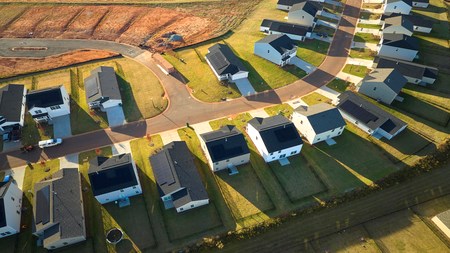Despite efforts to the contrary, the Eurozone crisis is still just that: a crisis. Typically, people associate a crisis with a temporary or fleeting state of affairs which swings definitively in one direction or another. Not so in the case of the Eurozone where a state of crisis is fast becoming ‘situation normal’.
Globally, the property market has borne the brunt of negative economic conditions for some time now and if recent reports are anything to go by, the market still has a way to go before it could be described as ‘healthy’ once more.
Indeed, reports indicate that confidence in the South African property and construction sectors is fading with less than half of businesses optimistic about the current outlook. In addition to negative economic conditions, factors such as regulations, red tape, lack of a skilled workforce and demand shortages are being cited as the primary constraints to doing business in South Africa’s property and construction sectors.
The reduction in property demand and new builds has impacted on most sectors, and while government’s infrastructure upgrade is supposedly on track, there is no clear indication when projects will be launched, which is compounding concerns about future market prospects.
The fact that construction costs have increased significantly of late has also triggered a shift towards consolidation with owners and landlords improving their current assets to appear more attractive to potential tenants or clients as opposed to financing new properties.
David Teasedale of Park Village Auctions can attest to this trend. He explains that established owners across the board are increasingly improving their existing properties in a bid to retain and attract tenants as the cost of financing new builds isn’t off putting.
On a more positive note, property fundis report that because most privately held South African property and construction companies have focussed predominantly on the local market and limited themselves to international exposure they have been relatively shielded from the poor performance of the global sector.
What is more is that as is the case with most markets, while some segments struggle others thrive. For example, according to Teasedale, demand for PVA’s tenanted property in Johannesburg’s CBD remains robust. Parcelled properties in the CBD which feature a combination of residential and retail components are also proving popular with investors as are buildings which have scope to be converted into residential accommodation.
In terms of other market characteristics, activity in the R500 000 to R2m bracket is reportedly picking up significantly but some sellers are still apparently being unrealistic. Vacant land is also proving difficult to move given the associated high holding, construction and re-zoning costs and difficulties relating to electrical supply. Suffice to say the uncertainty regarding the Eurozone and mixed property market results point to on-going difficulties in general and confirm that the recovery is still in a vulnerable state.



